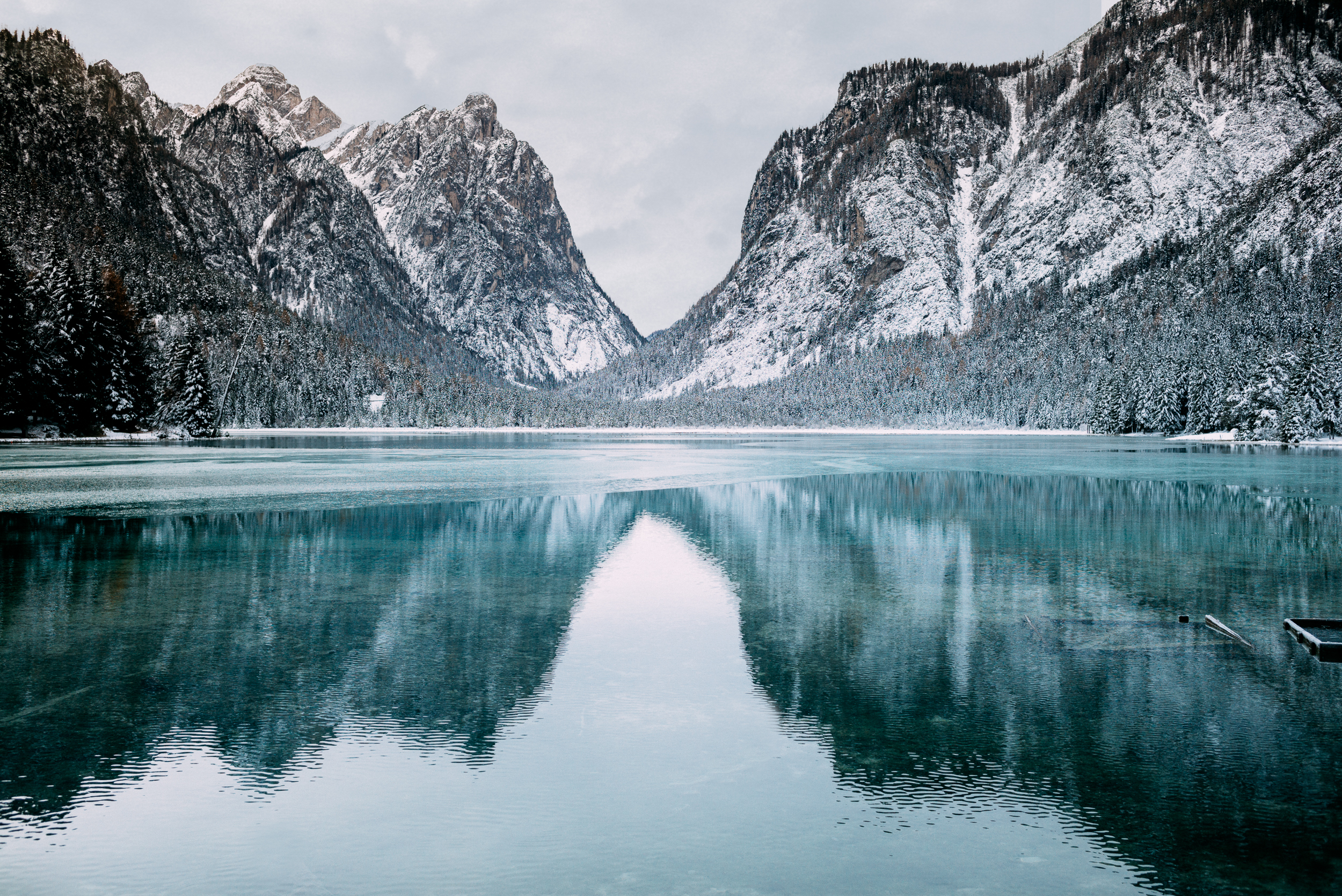What Jobs Will Be Automated By 2030?
Occupation | Occupational category |
Retail salespersons | Sales and related occupations |
Data entry keyers | Office and administrative support |
Customer service representatives | Office and administrative support |
Legal secretaries and administrative assistants | Office and administrative support |
What skills will the future workforce need?
Workforce upskilling is one of the significant 2021 HR trends.
What job will be in demand in 2030?
What skills will you need to be employable in 2030?
employability skills goal in the Florida Jobs 2030 Report: A Blueprint for the Future, which outlined several goals to improve Florida’s talent pipeline for a better workforce. The first goal is 80% of working adults possess essential employability skills, which include critical thinking, interpersonal, digital literacy,
What are the top 10 job skills for the future?
What are the top 10 job skills for the future? Here is the World Economic Forum’s list of the Top 10 Skills of Tomorrow. Analytical thinking and innovation. Active learning and learning strategies. Complex problem-solving. Critical thinking and analysis. Creativity, originality and initiative. Leadership and social influence.
What is the longest wall in the world?
The Great Wall of China. The Great Wall of China is the world’s longest wall and biggest ancient architecture. Its winding path over rugged country and steep mountains takes in some great scenery.
What is the Great Wall of China?
The Great Wall of China ( traditional Chinese: 萬里長城; simplified Chinese: 万里长城; pinyin: Wànlǐ Chángchéng) is a series of fortifications that were built across the historical northern borders of ancient Chinese states and Imperial China as protection against various nomadic groups from the Eurasian Steppe.
How has the Great Wall of China changed over time?
The Great Wall is changing all the time; to be specific – it is disappearing year by year. Be clear that well-maintained sections like Badaling are just a few rare exceptions. The fact is that many wall sites had fallen into disrepair and are in danger of being lost due to physical weathering and human activities.
Where is the Great Wall of China facts?
Can the Great Wall of China be seen from space?
The Great Wall of China cannot be seen from space by the human eye without aid. 2. The Great Wall is not a continuous line: there are side walls, circular walls, parallel walls, and sections with no wall (high mountains or rivers form a barrier instead). In the Qin Dynasty (221—206 BC), glutinous rice flour was used to bind the Great Wall bricks.
What are 5 fun facts about the Great Wall of China?
Here are the top 10 facts about the Great Wall of China.
How long is the Great Wall of China facts?
How much distance is saved by using the Kiel Canal?
An average of 250 nautical miles (460 km) is saved by using the Kiel Canal instead of going around the Jutland Peninsula. This not only saves time but also avoids storm-prone seas and having to pass through the Sound or Belts .
How far is the Kiel Canal from Hamburg by boat?
Before the opening of the Kiel Canal in 1895 vessels bound for Baltic ports had to make the long and difficult passage round the north coast of Denmark via the Skaw and the Kattegat. The distance from Hamburg to Kiel through the canal is only 121 nautical miles, against a distance of 646 miles round the coast.
When were the Kiel and Suez canals built?
The 19th century saw the construction of the Kiel and Suez canals. The former carries tonnage many times that of most other canals. Frequent… The canal, built between 1887 and 1895, initially served German military needs by eliminating the necessity for ships to travel northward around the Danish peninsula.
Is the lifespan of a fact based on a true story?
“The Lifespan of a Fact” is based on a book of the same name that Mr. D’Agata wrote with Jim Fingal in 2012. That book, in turn, was based on an argument that began when Mr. Fingal, as a young intern, was assigned to fact-check an article — sorry, essay — that Mr. D’Agata had written about a teenager’s suicide at a Las Vegas resort in 2002.
What is the lifespan of a fact?
The Lifespan of a Fact is a book co-written by John D’Agata and Jim Fingal and published by W.W. Norton & Company in 2012.
How many mistakes are there in the play the lifetime of a fact?
When the journalist John D’Agatta wrote a play called “The Lifetime of a Fact” in 2003, he couldn’t have known that it would one day become a terrifically engaging Broadway drama starring a boy wizard. Please note that there are six to eight mistakes in that sentence, depending on what you consider a mistake.
Who are the actors in the lifespan of fact?
In October 2018, The Lifespan of Fact was adapted into a Broadway play starring Daniel Radcliffe, Cherry Jones, and Bobby Cannavale. The play was written by Jeremy Kareken & David Murrell and Gordon Farrell. "What Happens There – Believer Magazine".



